Owning Your Expertise: A Personal Journey Beyond Imposter Syndrome
A lot of people feel they are a fraud. Even Maya Anjelou felt that way sometimes. Members of traditionally underrepresented groups tend to feel this more. There are lots of motivational talks, books and videos that can help you if you suffer from this.
I spent an entire week of teaching and listening to others teach. For the first time ever, I can honestly say I did not feel even a touch of imposter. I made many mistakes, but that didn’t translate inside me as something I should be ashamed of. I simply made mistakes, corrected them, and moved on. I impressed some, and didn’t impress others. Both are fine. All in all, it was a great experience.
How did I finally shrug off feeling an imposter? I had to learn to feel my sense of being an imposter – the self-doubt, the desire to shrink away and give up on anything I might feel the need to offer or say, the need for being perfect. Those are a few. In short, I would be driven by fear of failure and weighted down by self-doubt.
Then I learned to put it to the reality test: am I faking it and pretending to know something I don’t really know anything about, like the person who reads about something the day before they talk about it as an expert? No – in fact, most women do the opposite, needing to over-prepare and over-train on anything they teach.
Is it new? If you’ve been doing work to the point of being an expert, and now you’re doing something new, then of course you’re not able to reach the same lofty goals you once had. Admitting it to yourself and your audience pops the imposter bubble immediately.
As I mentioned, women tend to feel this syndrome much more keenly than men. It’s been trained into us. If we’re honest, though, we’ll be able to exchange this undermining feeling for something more genuine and fitting: Pride in our own accomplishments, and a desire to pass this on.
(This blog is based on a blog I published in 2012.)
Quote of the Week
The exaggerated esteem in which my lifework is held makes me very ill at ease. I feel compelled to think of myself as an involuntary swindler.
Albert Einstein
The surprising solution to the imposter syndrome
Announcements
Maryanne Nicholls is a Registered Psychotherapist. To find out more, gain access to her weekly newsletter, meditations and programmes, sign up at www.thejoyofliving.co .

